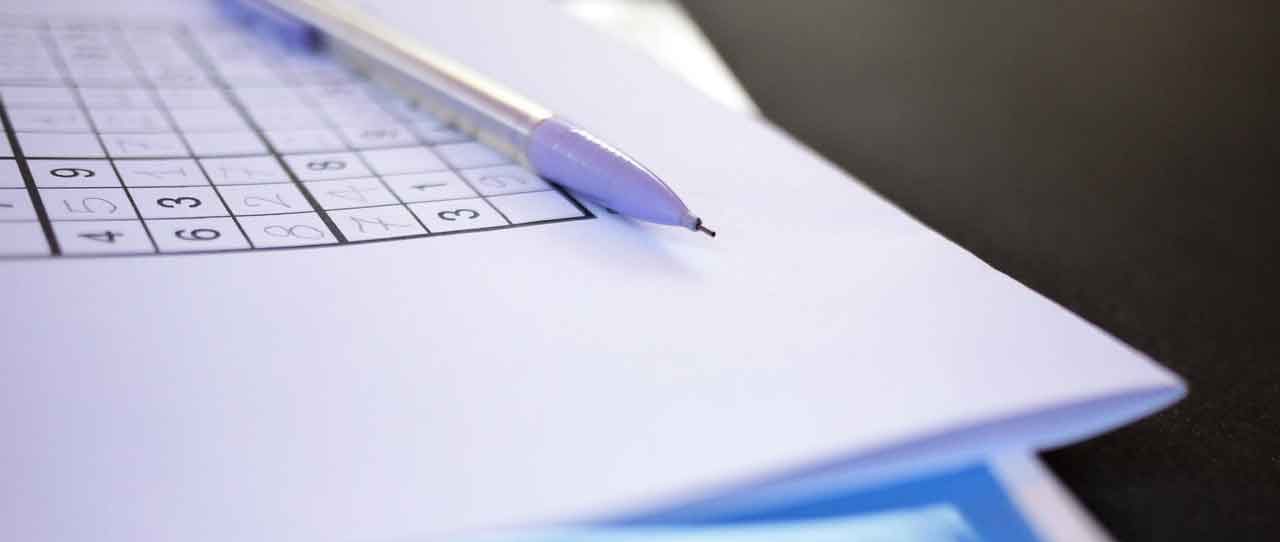Games for the Brain

Will games for the brain actually help you keep your memory and other mental skills sharp? You have lots to choose from. Hint: Don’t skip aerobic exercise.
We exercise our bodies to stay healthy, so why not our mental skills? Brain training is turning into a multi-billion-dollar industry.
For free or inexpensive games for the brain, just look online. The American Association of Retired Persons (AARP) has a page, “Staying Sharp,” full of brain teasers for adults like “Sleight of Hands” or “Split Words,” with charts showing you how much each game trains specific functions — memory, attention, language skills, executive functions, and visual-spatial skills. You can also find lots of free games at sites like “Games for the Brain” or “Mind Games.” In “Swipe a Car,” for example, you drag or swipe cars to move them out of your way so your red car can reach a parking lot exit. One game for the brain, “Brain Workout,” actually includes four mini-games.
YOU MIGHT ALSO LIKE: 10 Early Signs of Alzheimer’s
Brain HQ cites independent research — more than a 100 published papers — related to its approach, and you can sign up for $14 a month. Lumosity offers a similar service, currently for about $12 a month.
If you can afford an investment to fight attention deficit disorder, Cogmed cites multiple studies backing up its claims to bring lasting boosts to “working memory” over a five-week training period with online puzzlers. You’ll have an interview and start-up meeting on the phone, and get weekly calls from a coach. Prices depend on the coach, but you’ll be spending thousands.
But will any of these games truly boost your performance in life? In other words: “If I can get very good at crossword puzzles, is that going to help me remember where my keys are? And the answer is probably no," says Neil Charness, professor of psychology at Florida State University, and co-author of a 2017 study that tested 60 older adults before and after a month of 30 brain-training sessions, each lasting about 45 minutes. That’s a whole lot of training! His participants didn’t noticeably improve on a non-game activity.
Charness predicts that "exer-gaming," when you work out while playing games at the same time, will become more popular. He notes that aerobic exercise can bring structural changes in the brain that help you function better.
Aerobic training is promising for people at risk of dementia. In one study, more than 70 sedentary participants 55 to 90 with mild memory loss and prediabetes exercised at a YMCA for 45 minutes four times a week over six months. For the first six weeks, they worked out with a trainer so they could increase their fitness level. A comparison group did stretches instead. The exercisers improved their original scores by 15 percent on three tests key to early Alzheimer’s disease — and enjoyed other benefits, handily beating the people who just stretched. “If there was a new drug on the market that would improve cognitive function by 15 percent, increase blood flow in critical areas for thinking in the brain, reduce toxic proteins in the brain associated with Alzheimer’s disease, and improve overall health status — with no side effects — who wouldn’t take this drug?” lead author Laura Baker told a reporter writing for AARP. “The company would make a fortune.”
Other strategies for staying mentally sharp: pick up a new instrument or a new language.
Updated:
March 05, 2020
Reviewed By:
Janet O’Dell, RN